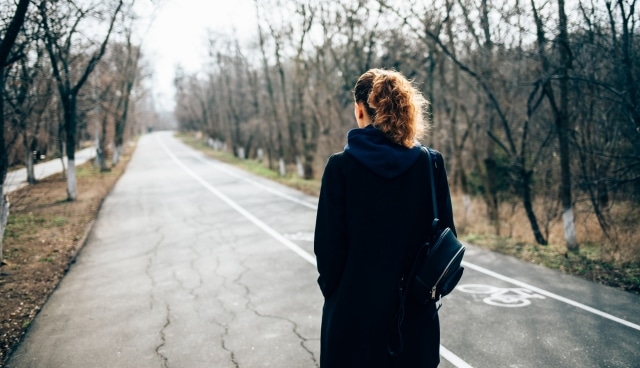Women can face a plurality of situations of vulnerability, which can include poverty, violence, mental health problems, addiction, a difficult immigration journey, simply being part of a racial group, and much more.
We can easily imagine the even greater hardship of some women, such as those coping with intimate partner violence and who don’t speak French or English, women who are more likely to end up on the street because of an addiction problem, or women without job prospects who struggle to find a place to live.
Many women experience highly insecure situations that compromise their ability to meet their basic needs. Their reality is not always visible and is often complex. Our network of agencies for women help them overcome difficult situations and gain greater independence.
Big issues mean major challenges
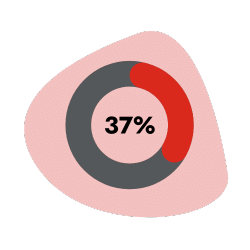
Economic insecuriturity
In Greater Montreal, 37% of employed women earn $20,000 or less per year.
In 2022, over half (53%) of Quebec’s minimum wage earners were women.
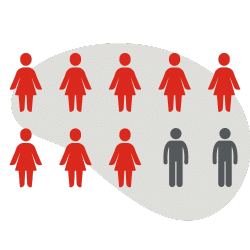
Single parenthood
8 out of 10 single-parent families are headed by women. Single-parent families experience poverty at a rate that is three times higher than that of two-parent families.

Access to housing
43% of women aged 65 and over living alone spend too much of their income on housing (30% or more).
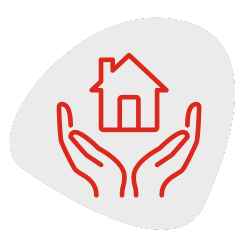
Homelessness
According to the 2022 count, the percentage of women experiencing homelessness in Montreal was 29%. However, this statistic is just the tip of the iceberg, as much of women’s experience of homelessness is hidden.

Violence
In 2022, women were again the main victims of intimate partner violence, accounting for 75% of the 19,126 instances reported.
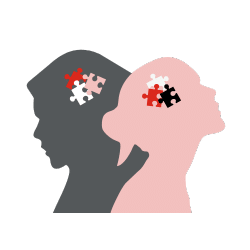
Mental health
Women generally have poorer mental health indicators. In 2021, teen girls in Quebec were most at risk of using hospital services due to suicidal thoughts or an attempt to end their lives.

Difficult immigration pathways
In 2023, women who had recently immigrated to Quebec earned $879 less per month than non-immigrant women.
Centraide’s support
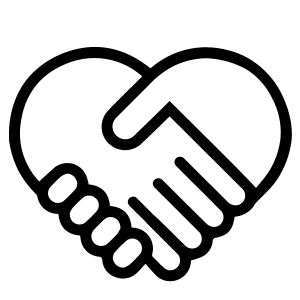
Addressing an urgent situation
Psychosocial support at housing and day centres for women in difficulty
These agencies provide a range of services to women who are victims of intimate partner violence and to their children. These services include individual and group counselling, information, referrals, support, and assistance with housing, social assistance, legal matters, and more. Staff are equipped to tailor services to women facing a variety of issues, such as mental illness, drug addiction, and distressing immigration journeys.
🔴 For 2023-2024, Centraide of Greater Montreal has invested $3.5 million in 30 agencies (including 21 women’s centres).

Preventing hardship among women
A whole network of centres help women in Greater Montreal’s neighbourhoods
These agencies provide women with a place of belonging, support and action. Through a range of services and activities, women are supported as they develop their independence, break their isolation, and improve their living conditions. These agencies also fight discrimination while being a voice for women who face diverse realities.
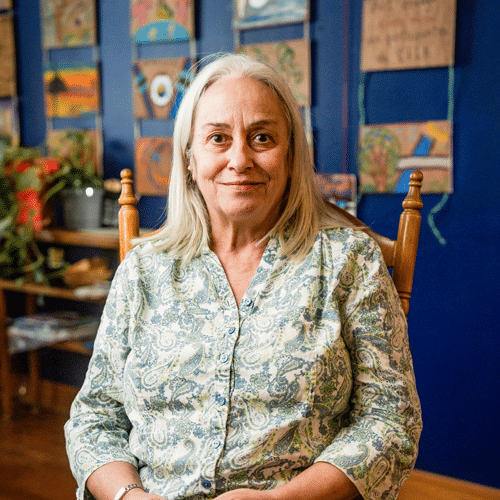
Finding a new purpose in life thanks to a women’s centre
“Everyone should have a centre like this, and not just women; men and children need one too. This place may not be your actual family, but it is like a second family.”
1 out of 5 people receives our help.
5 out of 5 people benefit from it.
Let’s all lend a hand
Supporting a network of over 375 community agencies also means promoting an inclusive, poverty-free society.



